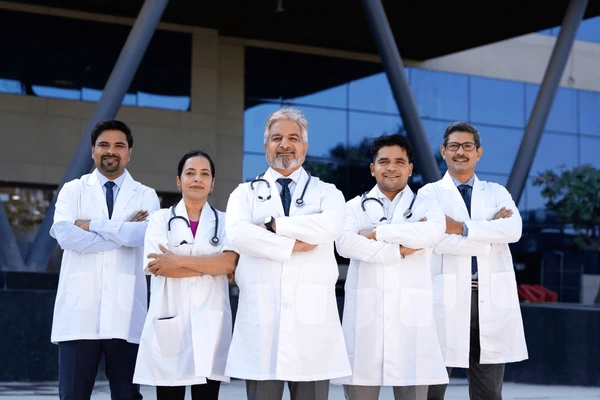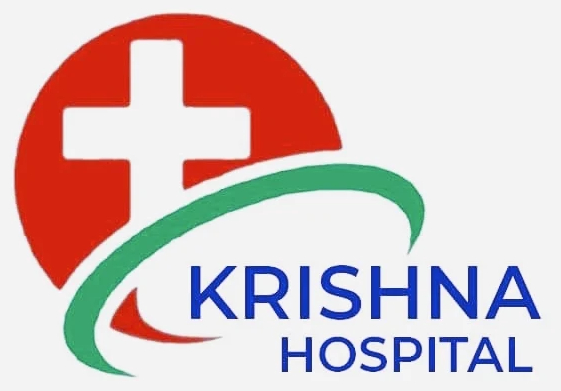Laser of Scars
Laser skin resurfacing reduces wrinkles and scars, evens out skin coloring, tightens skin and removes lesions. Lasers are beams of light that vaporize the outer layers of your skin and promote the growth of new collagen fibers.
Laser Scar Removal at Krishna Hospital, Sagwara
Scars—whether from acne, surgery, injuries, burns, or chicken‑pox—can deeply affect one’s self-esteem, causing emotional distress, social withdrawal, and reduced confidence. At Krishna Hospital, Sagwara, we understand these impacts—and offer advanced laser scar removal treatments to help restore both your skin and your spirit.
What Is Laser Scar Removal?
Laser scar removal, also known as laser skin resurfacing, targets skin irregularities with precise, pulsed laser light. The technique removes damaged skin layer by layer, encouraging collagen regeneration for smoother, firmer skin.
How It Works
Ablative lasers (e.g., CO₂, Er:YAG) vaporize the epidermis and heat the dermis—boosting collagen and elastin remodeling.
Non-ablative lasers (e.g., Er:Glass) heat the dermis without removing the epidermis, stimulating collagen regeneration more gently.
Who Can Benefit?
Ideal for individuals with various types of scars—including acne, chicken‑pox, surgical, burn, or injury scars—this procedure can significantly enhance skin texture, tone, and overall complexion.
What to Expect During Treatment
Thorough cleansing of the treatment area.
Application of protective eye covering.
Optional pre-treatment cooling (e.g., ice pack).
Systematic laser application across affected areas.
Immediate post-treatment cooling, followed by soothing cream and sunscreen.
Recovery & Aftercare
Immediate effects: Mild sunburn sensation, redness, and swelling; occasional itching or stinging.
Following ablative laser: Mild scabbing may occur around days 2–3; avoid picking to prevent new scarring.
Aftercare routine:
Cleanse with non‑soap solutions (2–3 times daily) as advised.
Apply prescribed healing ointment and daily broad‑spectrum sunscreen.
Use ample moisturizer throughout the healing process.
Results timeline:
Within a week: noticeable improvements in texture and tone.
Ongoing: scars continue to diminish over several months—up to a year.
Comfort & Treatment Duration
Topical anesthetic (cream) applied 30 minutes prior increases comfort during the procedure.
Most sessions take around 45–60 minutes on an outpatient basis.
Recommended course: 4–6 sessions, with each spaced approximately 6–8 weeks apart.
Makeup use: avoid for at least a week after ablative treatments; with non‑ablative lasers, makeup can often resume after 3 days.
- Top-Notch Skin Care
- Experienced Dermatologist
- Advanced Yet Affordable Treatments
Experienced Team of Doctors
Our experienced doctors at Krishna provide exceptional, personalized care

Lakhs of Smiles & Counting
With over 1 lakh happy patients, we’ve proudly restored clarity and vision—helping people experience the world in a whole new light.
EXCELLENTTrustindex verifies that the original source of the review is Google. Best doctor in sagwadaPosted onTrustindex verifies that the original source of the review is Google. Posted onTrustindex verifies that the original source of the review is Google. Posted onTrustindex verifies that the original source of the review is Google. Posted onTrustindex verifies that the original source of the review is Google. Posted onTrustindex verifies that the original source of the review is Google. Posted onTrustindex verifies that the original source of the review is Google. Verified by TrustindexTrustindex verified badge is the Universal Symbol of Trust. Only the greatest companies can get the verified badge who has a review score above 4.5, based on customer reviews over the past 12 months. Read more


